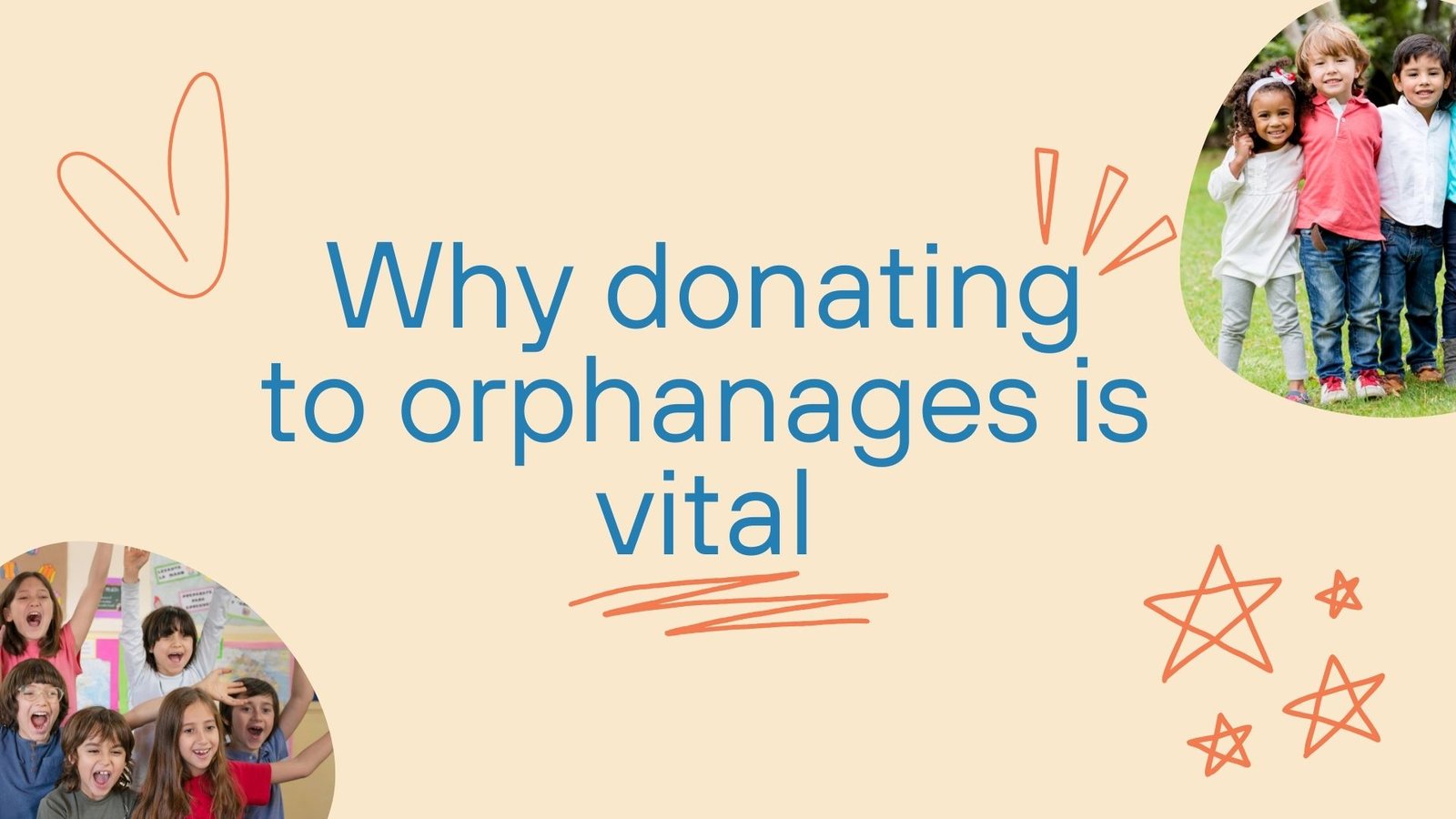Orphanages are essential institutions in our society, dedicated to providing a safe and supportive environment for children and young people who have been victims of vulnerable situations. These places not only offer shelter but also provide access to education, healthcare, and an environment where children can develop vital skills for their future. However, for these shelters to continue operating and providing quality services, donations are fundamental. In this article, we will explore the importance of orphanages and how financial and material contributions are key to their sustainability.
The Role of Orphanages in Society
Orphanages play a crucial role in protecting and rehabilitating children who have been abandoned, mistreated, or come from families that cannot adequately care for them. In many cases, these children have experienced traumatic situations, and orphanages become their only resource to receive the emotional and physical support necessary to overcome their past and have a brighter future.
Provision of Basic Needs
Orphanages are responsible for meeting all the basic needs of the children under their care, including food, clothing, and a safe place to live. Additionally, many of these institutions provide access to education, which is vital for breaking the cycle of poverty and social exclusion that many of these children have experienced.
Psychological and Emotional Support
Children in orphanages often need psychological support to overcome the traumas they have experienced. Institutions that receive sufficient funds can hire trained professionals, such as psychologists and social workers, who are crucial in helping children process their experiences and develop positive mental health.
The Impact of Donations on Orphanages
The operation of an orphanage largely depends on donations, as these institutions often receive limited government funding. Donations allow orphanages to cover their operating expenses, from purchasing food to paying staff. Additionally, in-kind donations, such as clothing, toys, and school supplies, are also vital for meeting the daily needs of the children.
Sustainability and Infrastructure Improvement
Financial contributions not only ensure the daily sustainability of orphanages but also allow for the improvement of their infrastructures. With adequate funding, these institutions can make necessary renovations, expand their facilities to accommodate more children, and enhance their educational and health services.
Personal Development and Training
Donations can also fund educational and vocational training programs that are essential for the personal development of the children. These programs provide them with the tools to build an independent and successful future, thereby reducing the risk of returning to vulnerable situations once they leave the orphanage.
Statistics on Vulnerable Children
The situation of vulnerable children in many countries is alarming. According to UNICEF, millions of children worldwide live in extreme poverty, lack access to adequate education, and are exposed to violence and abuse. In Latin America, for instance, it is estimated that approximately 8 million children live in extreme poverty. These figures underscore the importance of orphanages as shelters that provide a second chance to the children who need it most.
Conclusion: The Social Responsibility of Donating
Donating to orphanages is a social responsibility that we all share. By supporting these institutions, we are not only providing material resources but also investing in the future of the children they shelter. Every contribution, no matter how small, can make a significant difference in the life of a vulnerable child, giving them the opportunity to grow up in a safe environment full of opportunities.
In summary, orphanages are a vital piece in the protection and development of children in vulnerable situations, and donations are essential to ensure that these institutions can continue their invaluable work. By contributing, we help build a fairer and more equitable future for all children, ensuring they have the tools they need to overcome their past and reach their full potential.










0 Comments